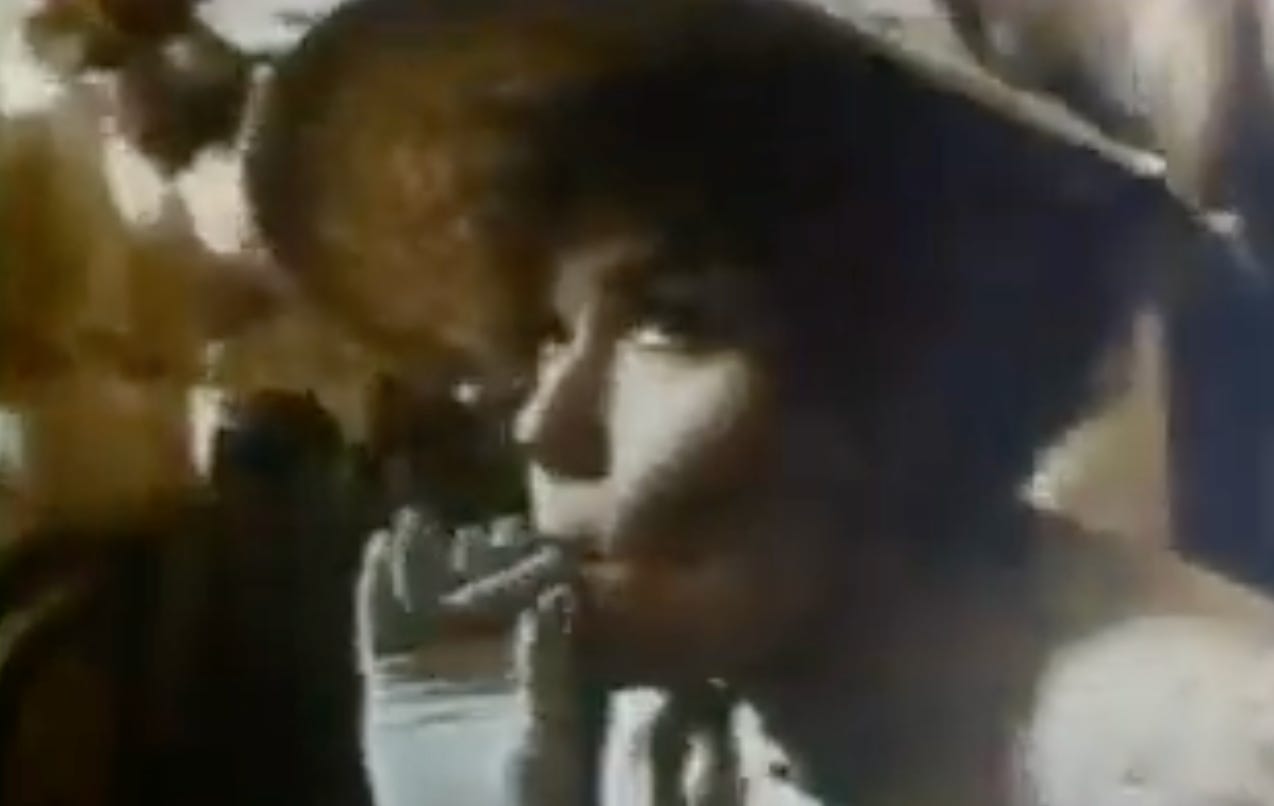It seems rather unlikely that a huge number of Americans were tuned into Johnny Carson’s Tonight Show at 11:50 a.m. on the very first day of 1971, but if they were, they would have watched the very last TV advertisement for cigarettes.
As far as ads go, it’s an odd one. It features a chorus of women in Victorian garb singing a song of submission to the patriarchy while secretly taking a puff from a shared cigarette. “You’ve come a long way,” the ad tells American women.
The ad’s messaging is certainly indicative of American culture at the time, and it’s interesting to make note of its Handmaid’s-Tale-like portrayal of women in patriarchal society (although Margaret Atwood wouldn’t publish her famous work for another decade).
But perhaps the most significant thing about this little remnant of relatively recent history is the fact that it was the very last of its kind.
In 1939, the first studies linking cigarette smoking to cancer and heart disease were published, and over the course of the next decade. The evidence was compelling and concerning. At the time, an estimated 42 percent of Americans (mostly young men) were smoking on a regular basis, and states moved quickly to place age limits on tobacco purchases. A decade later, minors couldn’t purchase tobacco in any state in the union.

In 1969, after a report from the U.S. Surgeon General warned that smoking could lead to reduced birth weight, Congress required tobacco companies to label cigarettes as potentially “hazardous” to “health.” The tide seemed to be turning against tobacco companies, and the response was totally predictable. Big Tobacco dug in its heels and poured money into Washington and into TV and radio ads — so much so that cigarette companies were responsible for the majority of TV and radio ads in 1969.
Just one year later, on April 1, 1970, President Richard Nixon signed legislation into law that prohibited tobacco companies from advertising on TV and radio. The law didn’t stipulate anything about print advertisements, and the tobacco industry leaned into newspaper advertisements, but to no avail. Cigarette purchases steadily declined, especially after the industry was compelled to settle major lawsuits to the tune of hundreds of billions of dollars.
Today, just 11 percent of Americans report smoking cigarettes on a regular basis, and Big Tobacco is just a shadow of its former self.



The famous Marlboro Man billboard on I-95 lasted well into the '90's...until it came out that they all died of lung cancer. Oops! Good riddance cigarettes.